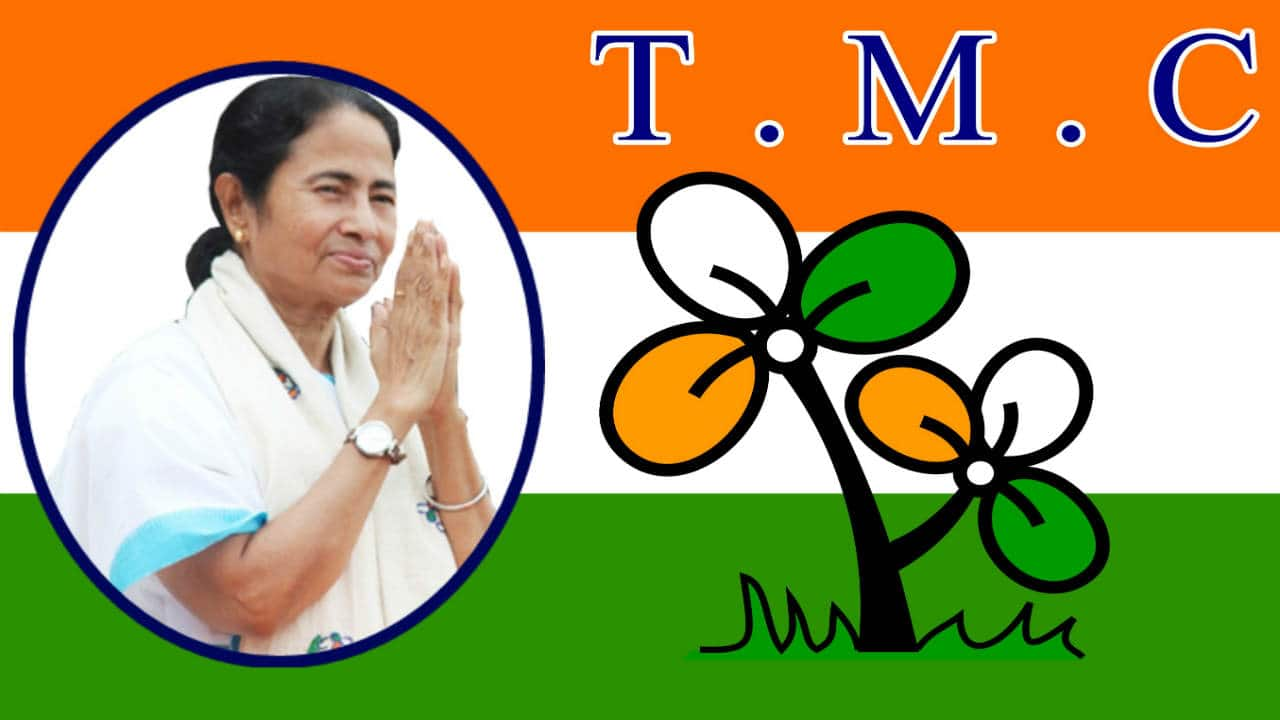Introduction
TMC : In a dramatic turn of events, the National Investigation Agency (NIA) finds itself embroiled in controversy following a high-stakes operation related to the Bhupatinagar blast case in West Bengal. The agency’s actions have sparked heated debates, with allegations of mala fide intentions and clashes between law enforcement and an unruly crowd. As the dust settles, Prime Minister Narendra Modi has entered the fray, accusing the Trinamool Congress (TMC) of fostering corruption and violence in the state. This article delves into the unfolding political slugfest, examining the key players, their motivations, and the implications for West Bengal’s security landscape.
The Bhupatinagar Blast Case: A Tense Operation: TMC
The Bhupatinagar blast case has been a thorn in the side of law enforcement agencies. The NIA, tasked with investigating the incident, conducted raids and made several arrests. However, their actions were met with resistance from locals who viewed the operation as heavy-handed. The tension escalated when an unruly crowd confronted the NIA team during a raid. Stones were hurled, tempers flared, and the situation turned volatile.
The NIA, in its defense, denies any mala fide intentions. According to agency officials, their primary goal was to apprehend the perpetrators responsible for the blast. They argue that the operation was conducted within legal bounds, and any resistance faced was unfortunate but unavoidable. Nevertheless, questions linger about the timing and execution of the operation.
Modi’s Accusations: TMC and the Free License for Corruption
Prime Minister Narendra Modi wasted no time wading into the controversy. In a fiery speech, he accused the Trinamool Congress (TMC) of harboring corrupt elements and allowing violence to thrive in West Bengal. His words resonated with his political base, but they also intensified the political slugfest.
Modi’s central argument revolves around the TMC’s alleged complicity in shielding wrongdoers. He claims that the ruling party’s leniency toward corruption and its failure to maintain law and order have created an environment where criminals operate with impunity. The Prime Minister minced no words, stating that the TMC desires a “free license” for corruption and violence.
The TMC’s Response: Defending West Bengal’s Honor
The Trinamool Congress swiftly hit back, labeling Modi’s accusations as baseless and politically motivated. Party leaders argue that the NIA’s actions were excessive and that the agency failed to consider the local context. They accuse the NIA of being a pawn in the central government’s hands, targeting West Bengal to score political points.
Mamata Banerjee, the Chief Minister of West Bengal and TMC supremo, held a press conference. She defended her party’s commitment to maintaining law and order while ensuring civil liberties. Banerjee challenged Modi to provide evidence of corruption within the TMC ranks and accused him of using the NIA as a political weapon.
Implications and Way Forward
The fallout from this political slugfest is significant. West Bengal, already a politically charged state, now faces heightened tensions. The NIA’s credibility is on the line, and public trust in law enforcement hangs in the balance. Meanwhile, the TMC must navigate the delicate balance between defending its honor and addressing legitimate concerns about corruption and violence.
As investigations continue, the Bhupatinagar blast case remains unsolved. The NIA’s actions will be scrutinized, and the TMC’s response will shape the political landscape. For now, West Bengal holds its breath, caught in the crossfire of competing narratives.
Conclusion
The clash between the NIA and the TMC underscores the complexities of maintaining security and justice in a politically charged environment. As the investigation unfolds, the nation watches, hoping for clarity and accountability. In the end, the truth behind the Bhupatinagar blast case will determine not only the fate of the accused but also the fate of West Bengal’s political discourse.
Disclaimer: This article is a fictional creation and does not reflect real-world events.
Note: The views expressed in this article are those of the author and do not necessarily represent the official stance of any organization or government.